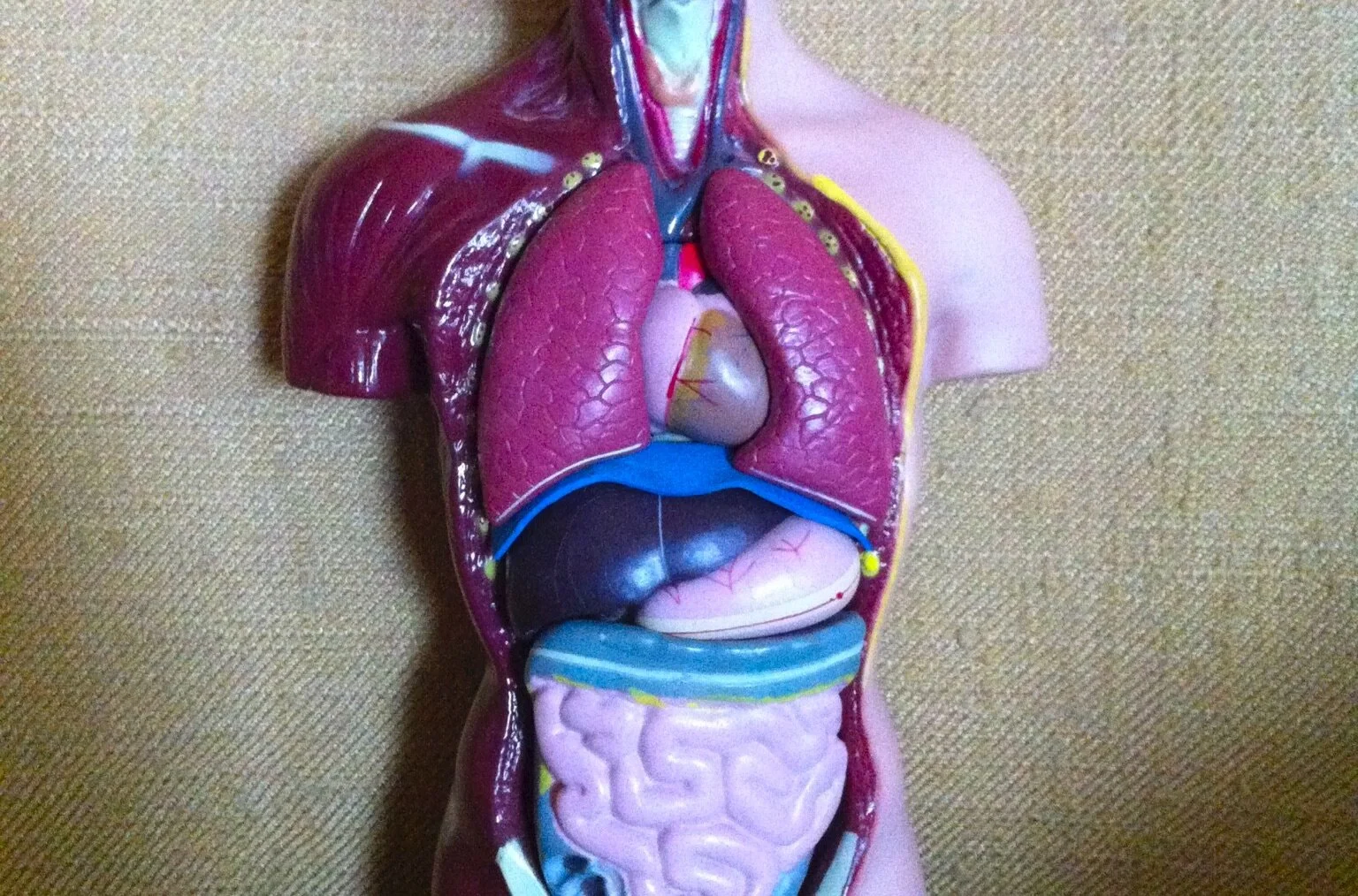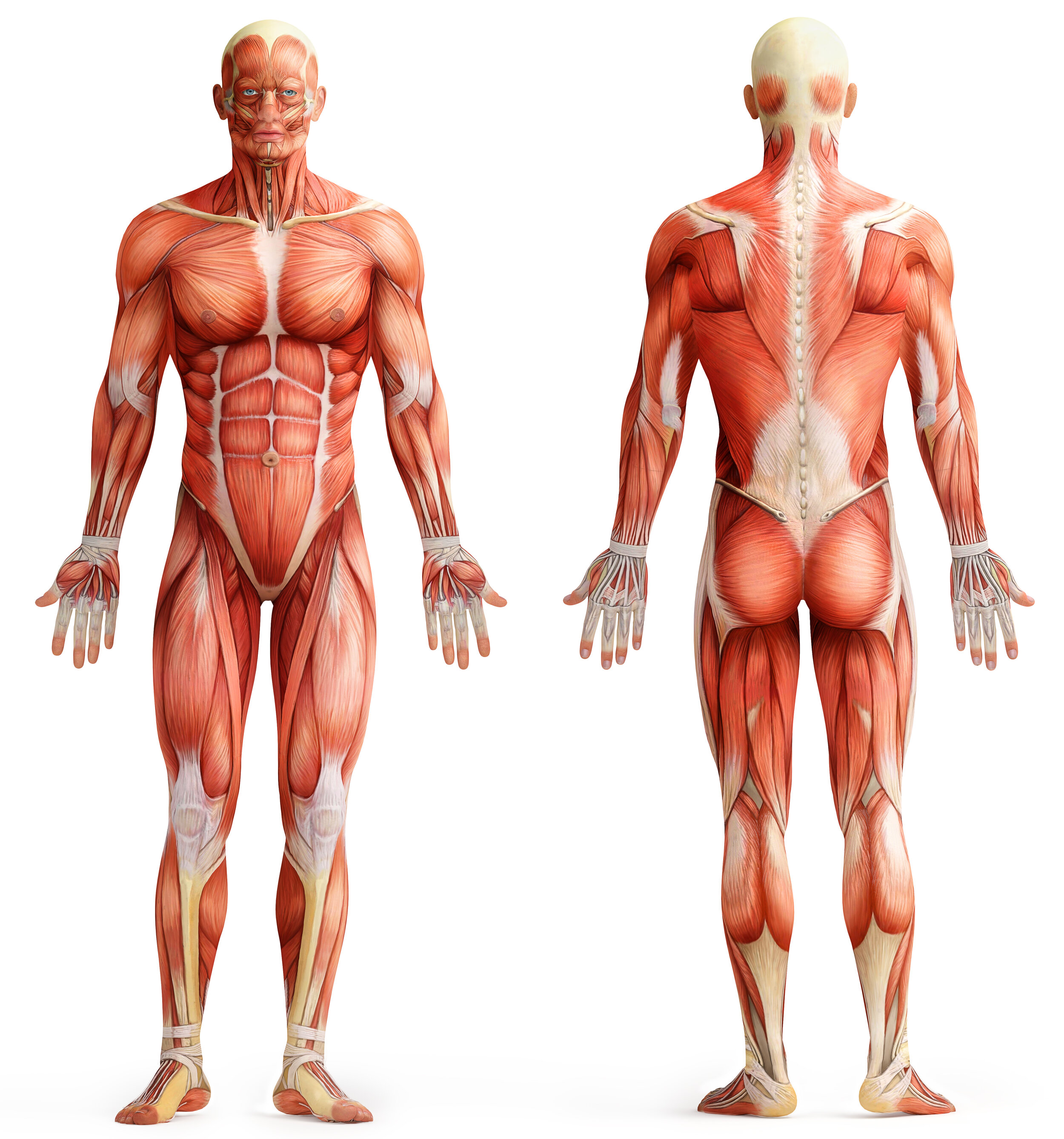Trauma affects singing mechanics.
👉 When our mind and body has gone through trauma we often physically hold tight to guard against feeling that trauma again.
👉 The initial muscles that activate during trauma are psoas and rectus abdominis.
👉 if these two muscles are not strong and flexible, our deep core will not function.
👉 Therefore our diaphragms are ineffectual, and we lose the lower body
👉 Leading to inefficient breath, weak support and fragile appoggio
👉 Costal muscles take up the slack leading to upper body tension...
👉 And ‘voila’, we have “vocal issues”.
Further, we cannot memorize when riding in the sympathetic (fight, fright, freeze, faint) nervous system. IF we are under attack we don’t need to recite a Shakespear sonnet, we need to run like hell and battle. The sheer amount of information that we attempt to consume will not correspond even close to what we will actually memorize, embody and ground. Nowhere is it more obvious that there is a difference between mental and embodied knowledge (leading to understanding) than in the Performing Arts.
Fight or Flight is about big muscles being on alert. Singing is about balance and small intricate muscle groups all working together - tow completly different processes.
In other words, if we are always looking over our shoulders, we do not have the time to integrate knowledge. Nor do we have the ability for the higher brain function and sublte muscle control necessary for high-level singing.
So perhaps they aren’t actually vocal issues at all...❤️































